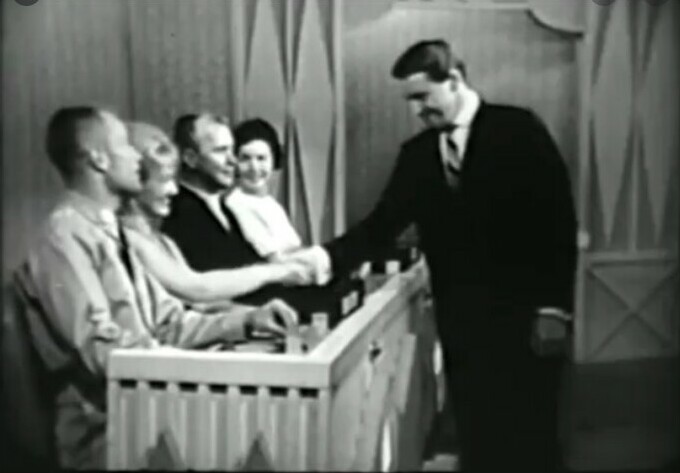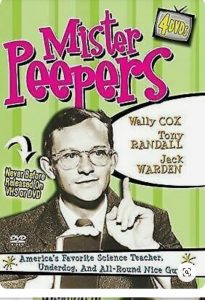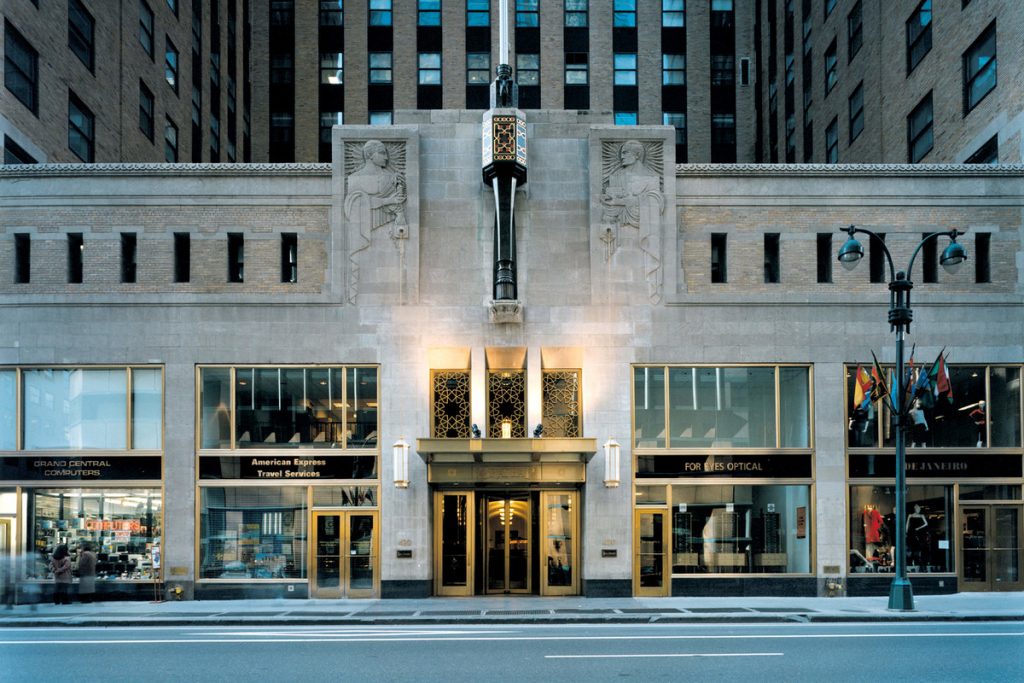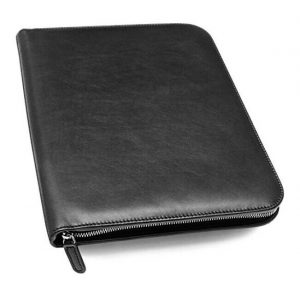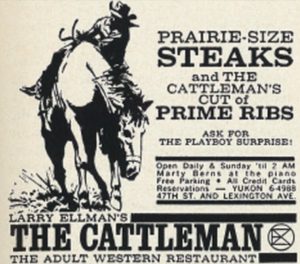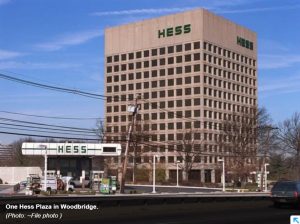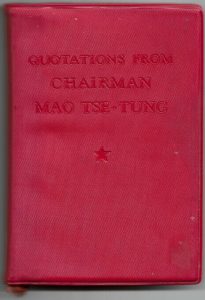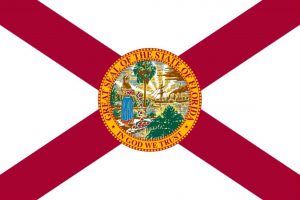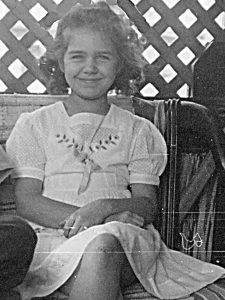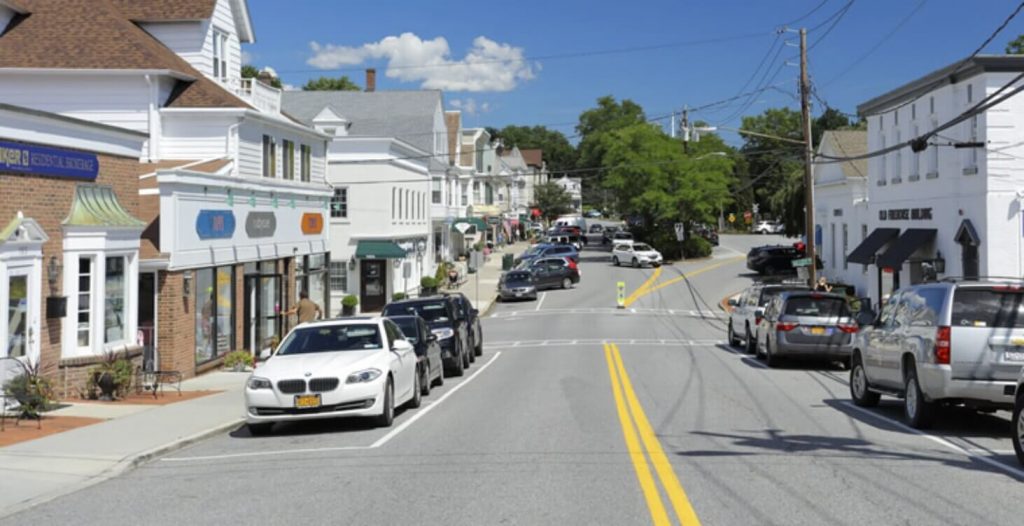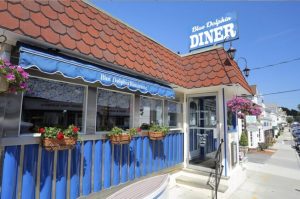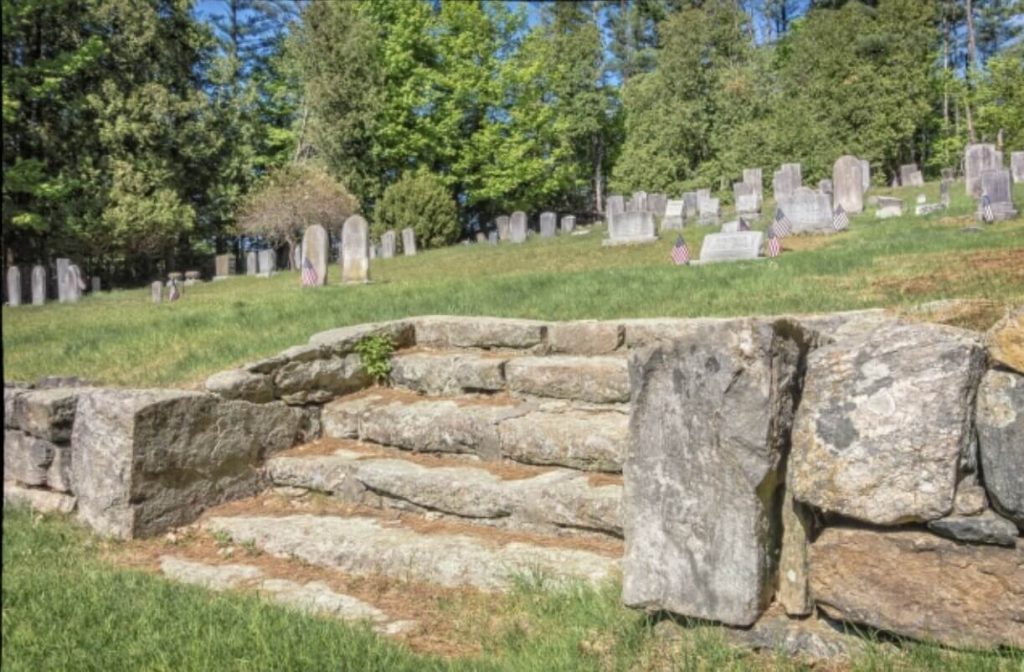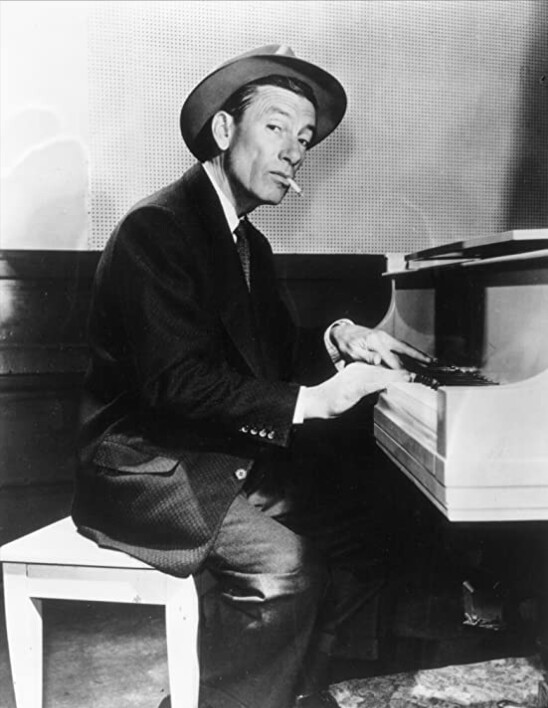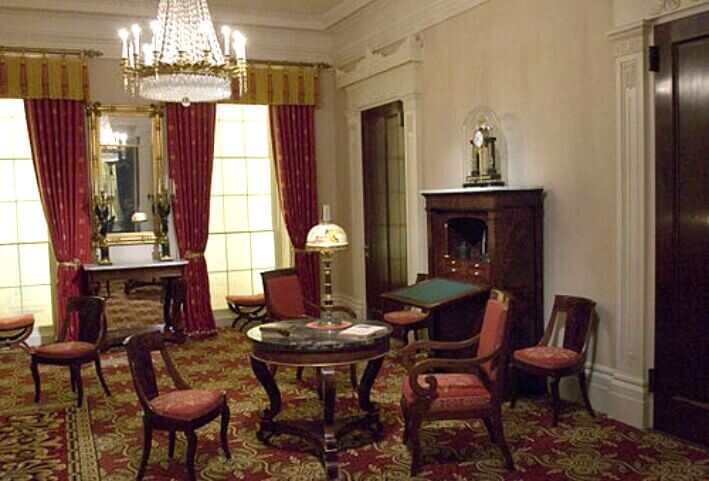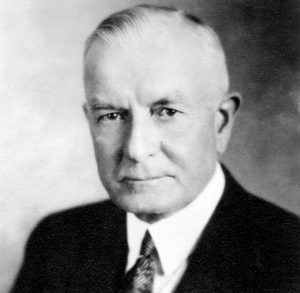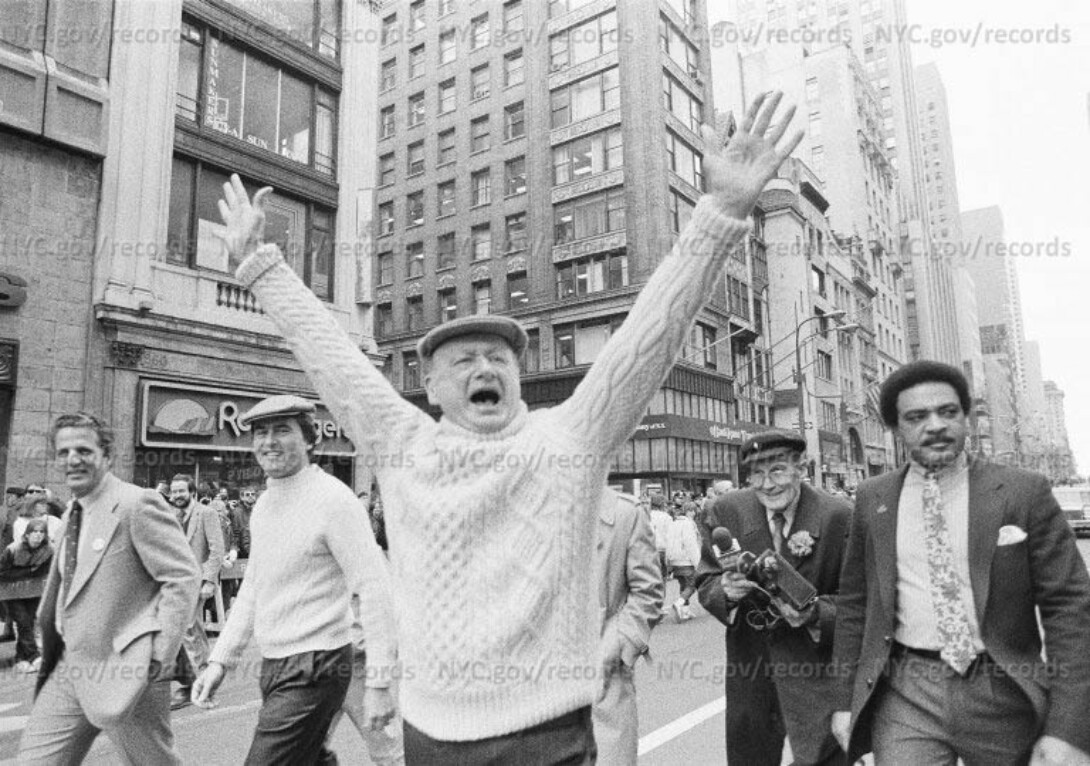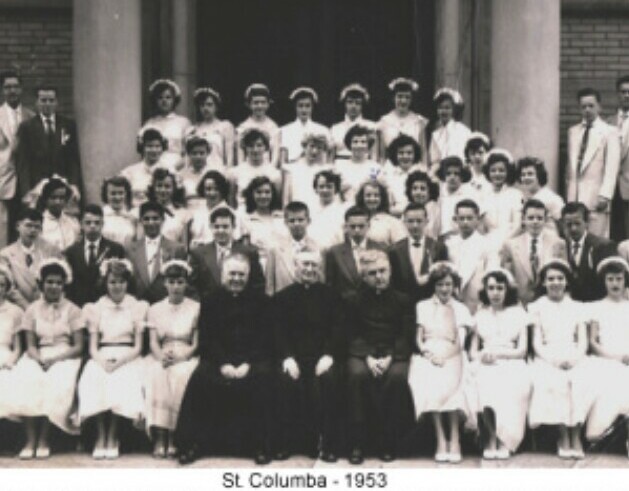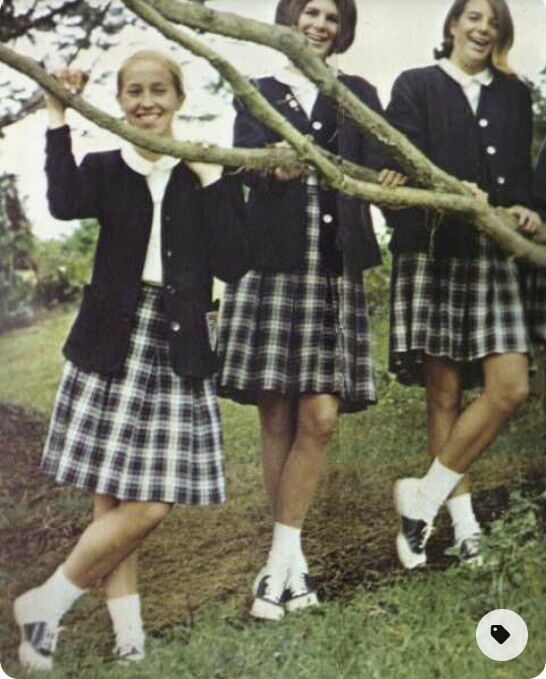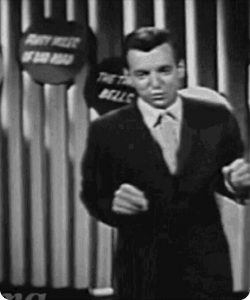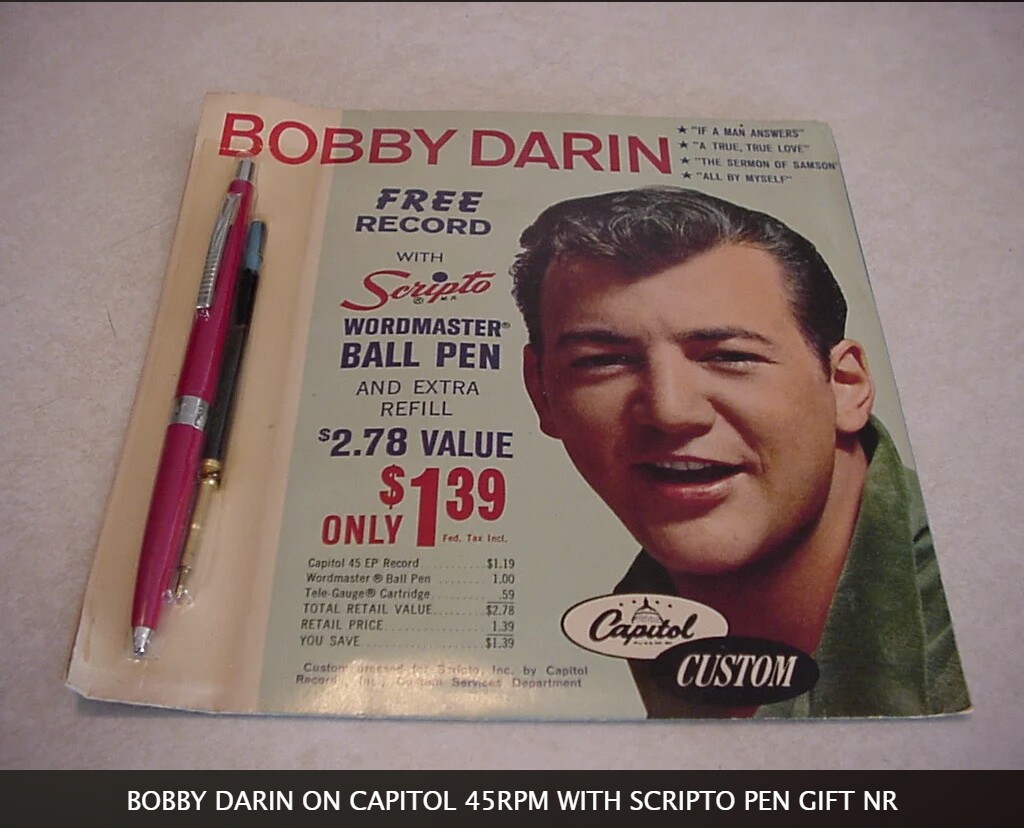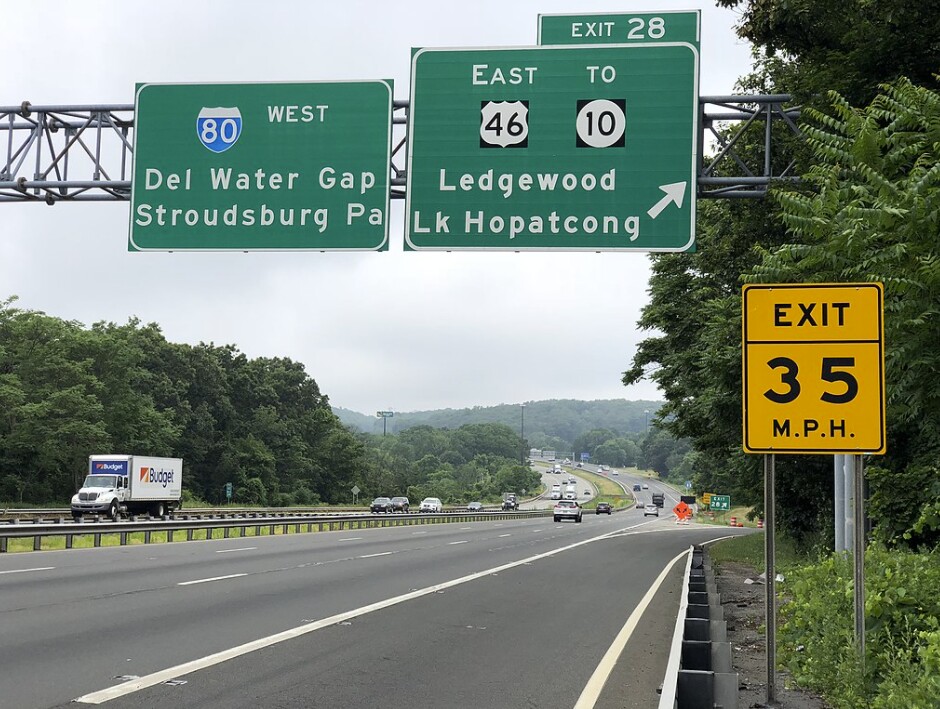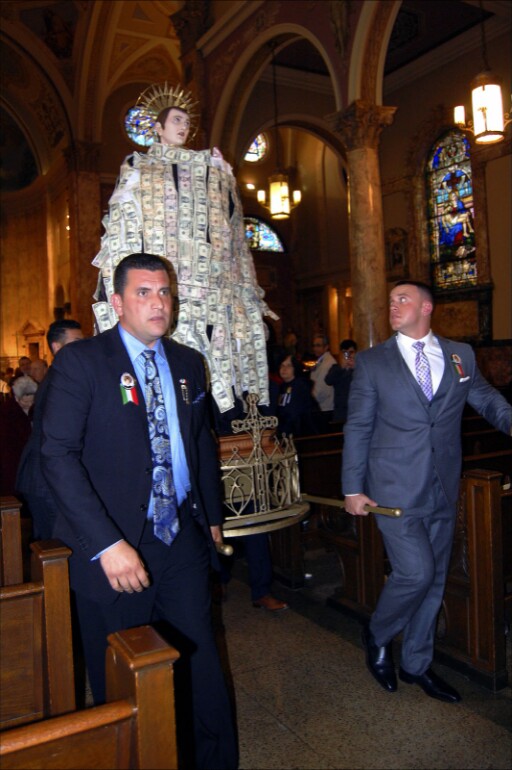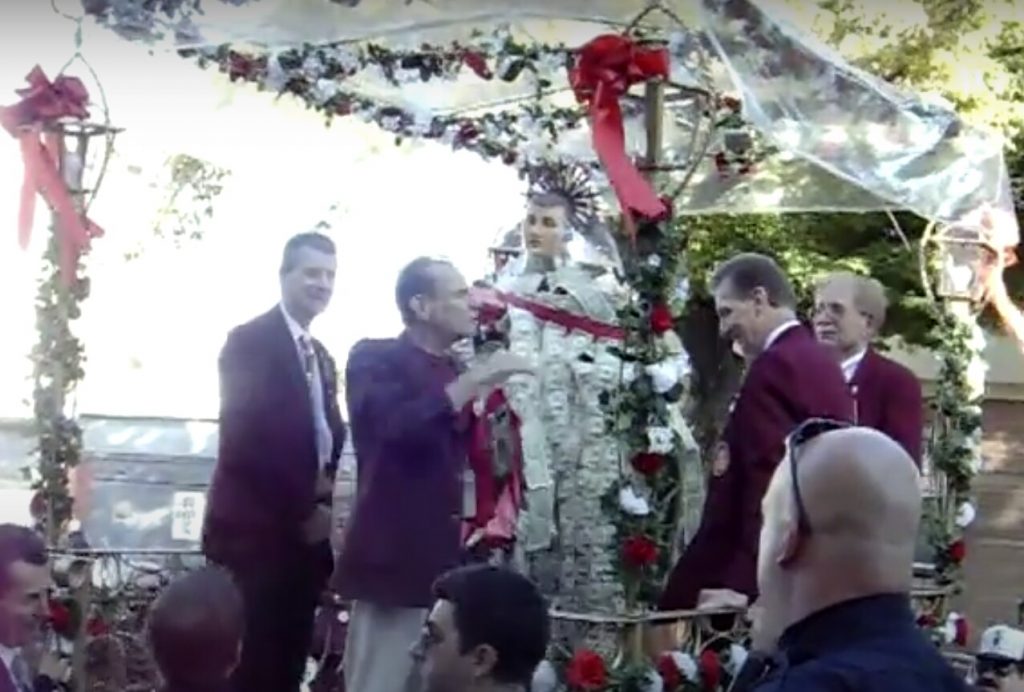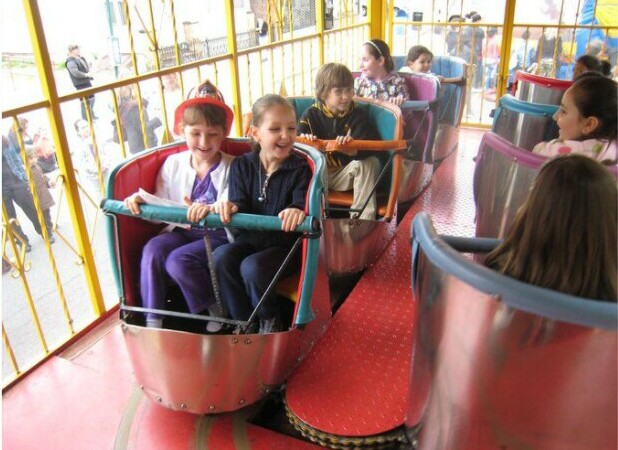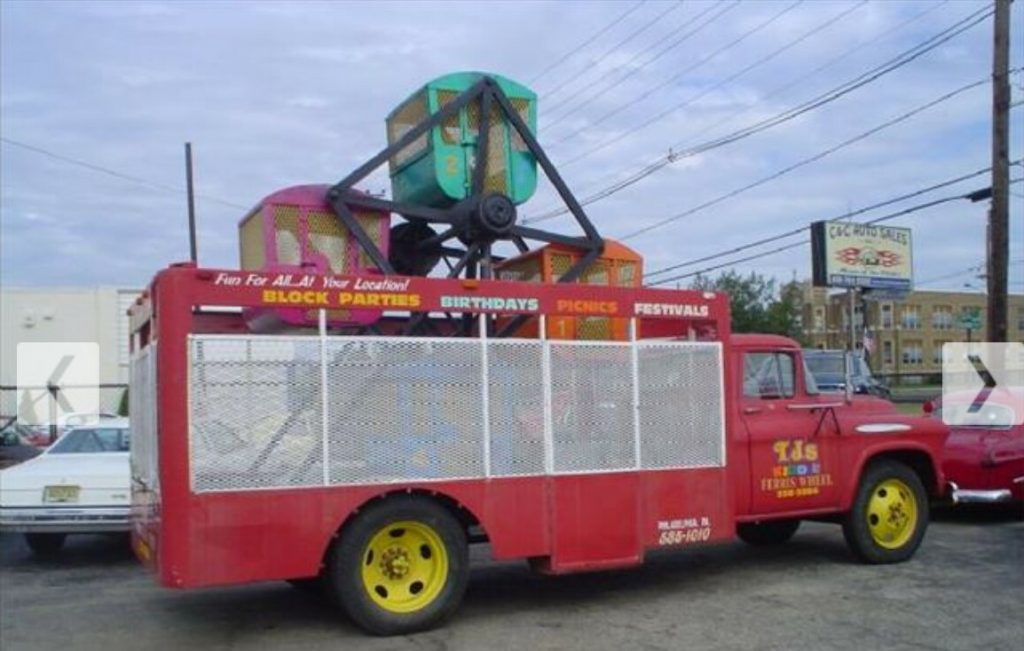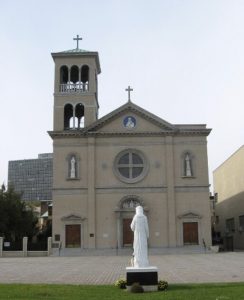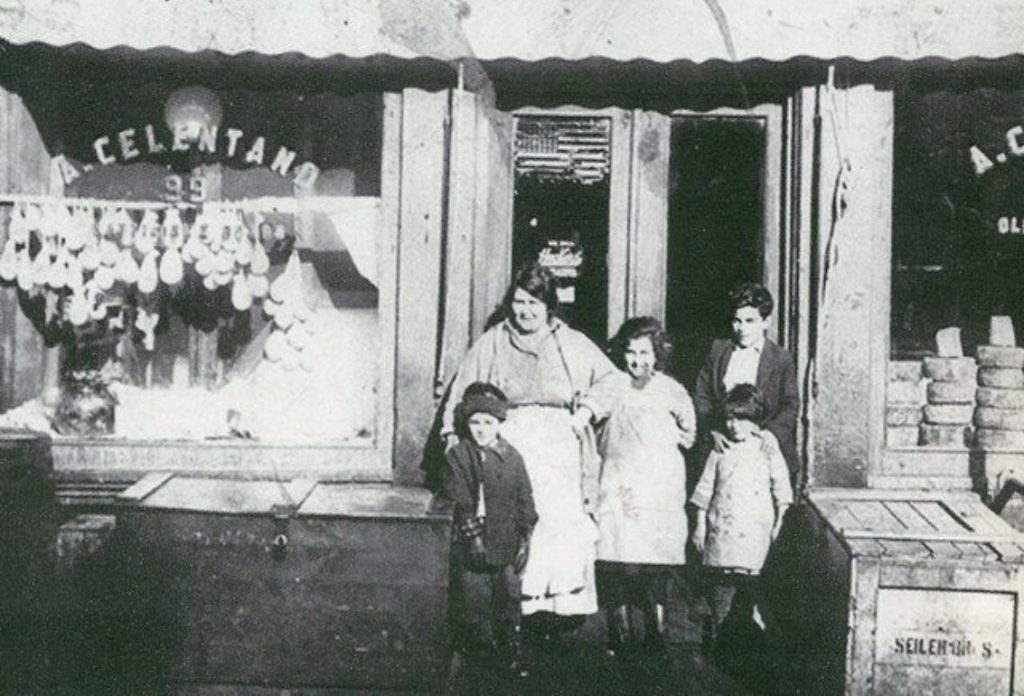In The Good, the Bad, and the Ugly, Clint Eastwood says to Eli Wallach: “There are those of us with guns, and those who dig. You dig.”
When we first were married, Mimi and I lived on Pennsylvania Avenue in Newark. After a year or two, we moved to Highland Avenue, in the North Ward, near Branch Brook Park and closer to my job. The neighborhood was safe, but I wanted to have a gun. Actually, I had always wanted to have a gun, just on general principles.
One day, an ad in Popular Mechanics caught my eye: A .22 caliber 9-shot revolver, capable of firing the more powerful .22 LR long rifle cartridge, was available by mail for something like 30 or 40 dollars.
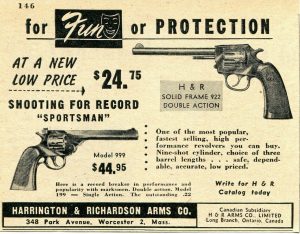
There was a catch, however: New Jersey residents needed a purchase permit signed by their local police department. Police departments don’t really want private citizens to have guns, and, considering the social problems of the day, I knew I’d be unlikely to get a permit from Newark.
Paperwork
To keep my car insurance down, I was using my mother’s address in Orange on my registration and driver’s license. I asked the obvious question, she said fine with her, and I filled out the application and took it to Orange police headquarters. In the “Purpose” section, I put “target practice” rather than “home defense”, which in New Jersey is a frowned-upon justification and less likely of approval. I also provided the names of two non-related character witnesses.
Progress was slow. I stopped at police headquarters every two weeks or so to ask about my application, which needed the chief’s signature. Each time, they told me “It’s on his desk”, and indicated a pile of paperwork literally on one corner of his desk. Finally, out of exasperation, when no one was looking I walked into the chief’s office and started leafing through the pile to see if my application was there. One of the cops saw me and asked what the hell I thought I was doing. I explained, and got escorted out of the building. But two weeks later, my permit came in the mail.
I sent for the gun, received it, bought some ammo, and spent an afternoon at the range. Satisfied, I cleaned it and put it away.

A neighborhood commotion
One evening there was shouting on the street in front of my house. I looked out and saw my neighbors gathered in a loose circle. At first I thought they were watching a fistfight, but they were watching one guy in his twenties menace another one with a hunting knife. The guy being threatened would edge away a bit around the circle, the guy with the knife would follow, always a few feet away, swinging the knife back and forth and thrusting it menacingly.
Remember, I was a young guy myself then, and I too was prone to doing stupid young-guy things. It seemed as though someone was going to get stabbed or worse, so I brought my shiny new gun out on the porch, fired a shot into the air, and yelled “break it up” or some similar nonsense. The circle did break up, but the guy with the knife came over to my bottom step and stood there looking like he wanted to come up and use it on me instead. I cocked the gun, making what seemed to be a very loud click, and leveled it at his chest. We stared at each other for a few seconds, then he walked away. Thank God he didn’t start up those steps, because I would have shot him dead for sure and probably gone to jail for it. We were both lucky.
So anyway. I went back inside and the cops came, but they didn’t come to my house. I found out later they only wanted to know who had the gun, nothing about the fight. My neighbors were the greatest: nobody saw nuthin’. I also found out that the fight started because knife guy thought unarmed guy had been tapping his wife.
I think my bullet ended up in Branch Brook Park, or maybe on the roof of Barringer High. Don’t shoot into the air, kids. Also, mind your own business.
Early unrest
Problems were developing in the neighborhood even before the riots. A local figure named Tony Imperiale formed the North Ward Citizens Committee to protect the neighborhood from “bad elements” and future looters. Committee members in fatigues made regular foot patrols, although I never saw one on my street. The committee was said to have an armored car and a helicopter.
When I came home one afternoon, my wife told me that while out with the baby-stroller she was accosted by four teenage girls. She was upset and afraid she wouldn’t be able to protect our children.
Coming home another day, I saw something remarkable – a mounted policeman on Park Avenue’s median strip, trying to control his horse and simultaneously swing his nightstick hard enough to discourage the girl attached to his leg and trying to pull him off.
A long-brewing fight between blacks and Italians broke out in the Barringer cafeteria and spilled onto the grounds. This was not a food fight, it was a cutlery fight, with knives and forks and trays, and the police arrived in force. Barringer was located one block before my street on the way home, and I saw the police presence and wondered what was going on. I learned something important that day – if you’re dressed for the part, you can go anywhere. I was still wearing the Columbo–style trench coat I usually wore to programming school when I walked over to have a look, fully expecting to be shooed away when I got too close. A clutch of detectives nodded as I walked past them, and I realized they think I’m a cop, too. (Another simple trick to go places you don’t belong involves carrying a clipboard.)
1967 riots
By the summer of 1967, I was working nights at the A&P warehouse and going to school during the day. When rioting broke out in July, the Watts riots of two summers earlier were still fresh in everyone’s mind, and we knew how bad it could get.
The next day, I drove my wife and sons to the shore to stay with her kind and generous Aunt Peg for the duration. When I got back that night, I took a quick drive around the neighborhood and saw jeeps and personnel carriers on Bloomfield Avenue, and armed National Guardsmen posted on street corners. After I parked, I took a careful look around before I got out and went inside. So far, all quiet in the North Ward.
I still had the attaché case I bought as a prop for my unhappy career selling mutual funds, and I began taking the gun to work and to school.
One night at the warehouse we were sitting out front taking a break, when racing down Frelinghuysen Avenue came a state police car, no lights, windows bristling with rifle barrels. A moment later there was a burst of gunfire, followed by “Halt!”
There was a lot of pointless arson. One night a warehouse worker ran up to the office, yelled “I have to go home, they’re trying to burn my house down” and continued out the door. He was talking about his apartment building.
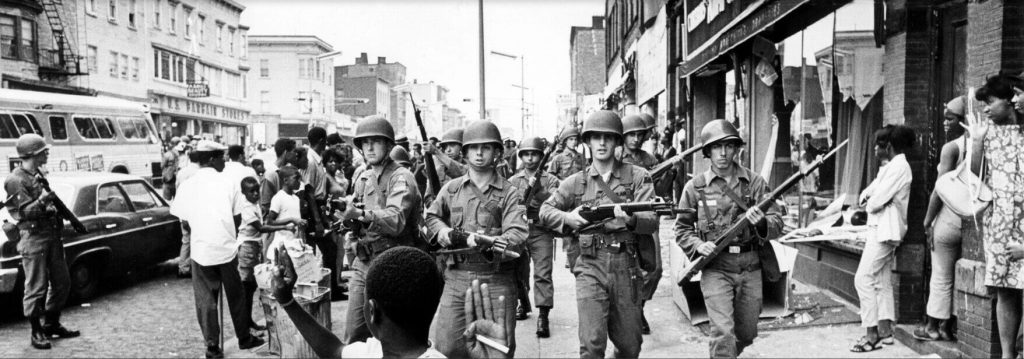
1968 MLK disturbances
Next year, the assassination of Martin Luther King sparked riots in over a hundred cities. Fortunately, Newark was not one of them. We had only “disturbances”, including arson and heavy vandalism. Ultimately, nothing came to our end of town, but we remained anxious and alert.
Four days after Dr. King was killed, I went into New York City for a job interview, and saw painted on the wooden panels surrounding a building under construction, “DA KINK IS DEAD”. The pure evil and just plain meanness of that always stuck with me.
After I got the job and started riding the subway, I switched from my bulky attaché case to an un-jostle-able leather portfolio, basically a piece of black cowhide folded in half with a zipper.
Later that year there was some national news, I don’t remember what, that created an expectation of violence, and for a few days I carried the gun in my portfolio. One morning on the train to New York as I walked down the aisle looking for a seat, I noticed a black girl looking at me and smiling one of the friendliest smiles I’ve ever seen. I smiled back, and as I passed her she said “Cool, baby.”
After I took a seat, I realized the gun barrel had pushed through the portfolio zipper and was sticking out the front.
She knew who the sheriff was on that train.


